Leonardo DiCaprio (Part 2)
Leonardo DiCaprio (Part 2)
/posterler-leonardo-dicaprio.jpg.jpg)
In 1997, Leonardo DiCaprio made a pivotal career decision by rejecting a role in Boogie Nights to star opposite Kate Winslet in James Cameron's Titanic. In the film, they portrayed characters from different social classes who find love aboard the ill-fated RMS Titanic during its maiden voyage. Despite initial doubts, DiCaprio was persuaded by Cameron to pursue the role of Jack Dawson. The production of Titanic was a monumental undertaking, with a budget exceeding $200 million, making it the most expensive film in history at the time. The movie was filmed at Rosarito, Baja California, where a full-scale replica of the ship was constructed.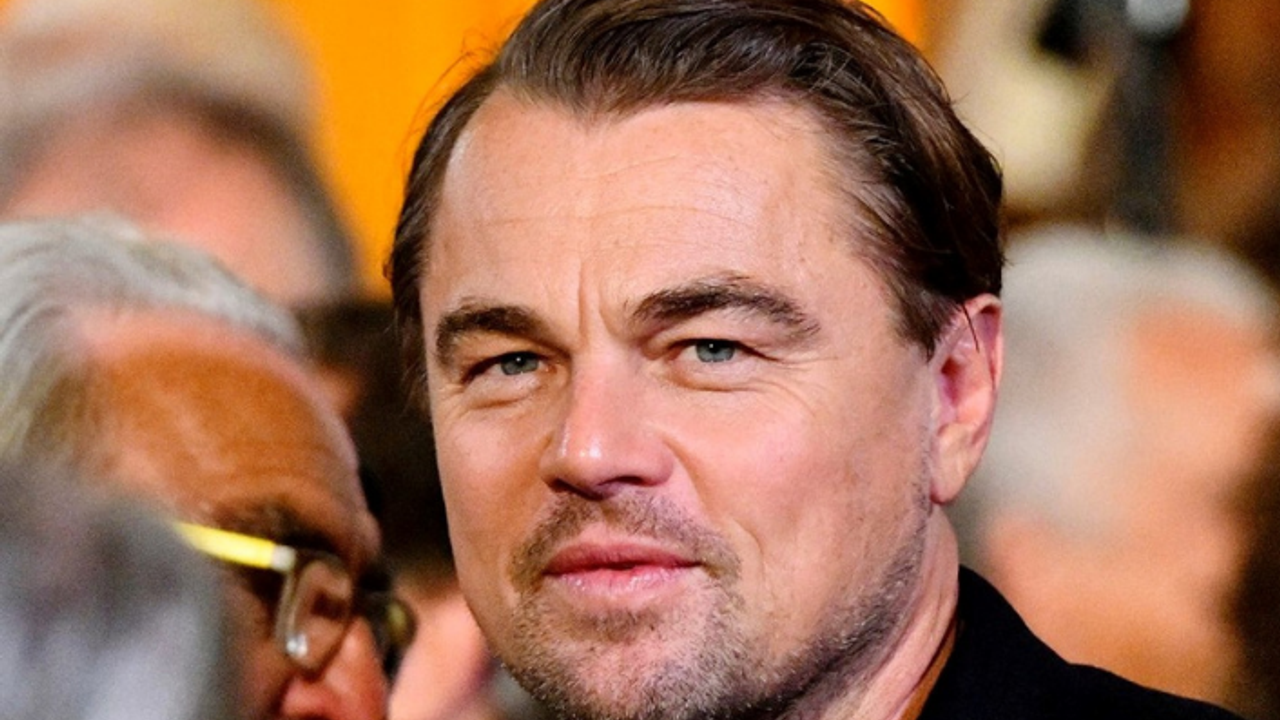
Titanic went on to become a monumental success, breaking numerous box office records and ultimately earning over $2.1 billion in global ticket sales. DiCaprio's portrayal of Jack Dawson catapulted him to superstardom, generating a phenomenon known as "Leo-mania" characterized by intense adoration from teenage girls and young women. Despite the film's massive critical and commercial success, DiCaprio notably did not receive an Academy Award nomination for his performance, leading to protests from fans and criticisms directed at the Academy of Motion Picture Arts and Sciences (AMPAS). However, he did garner nominations for other prestigious awards, including a Golden Globe Award for Best Actor.
Titanic's overwhelming success solidified DiCaprio's status as one of Hollywood's most bankable and beloved leading actors, further cementing his reputation as a global superstar.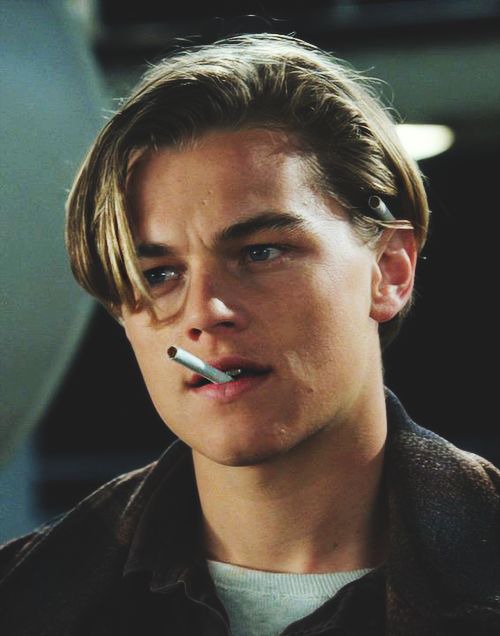
Leonardo DiCaprio's role in Titanic propelled him to unprecedented levels of fame and adoration, but he found himself disconnected from the overwhelming phenomenon it created. Despite the immense popularity, DiCaprio expressed a desire to distance himself from the heartthrob image and sought to explore more diverse and challenging roles. His performance in Titanic, alongside Kate Winslet, received widespread acclaim for its genuine emotion and chemistry, establishing them as one of Hollywood's iconic on-screen couples.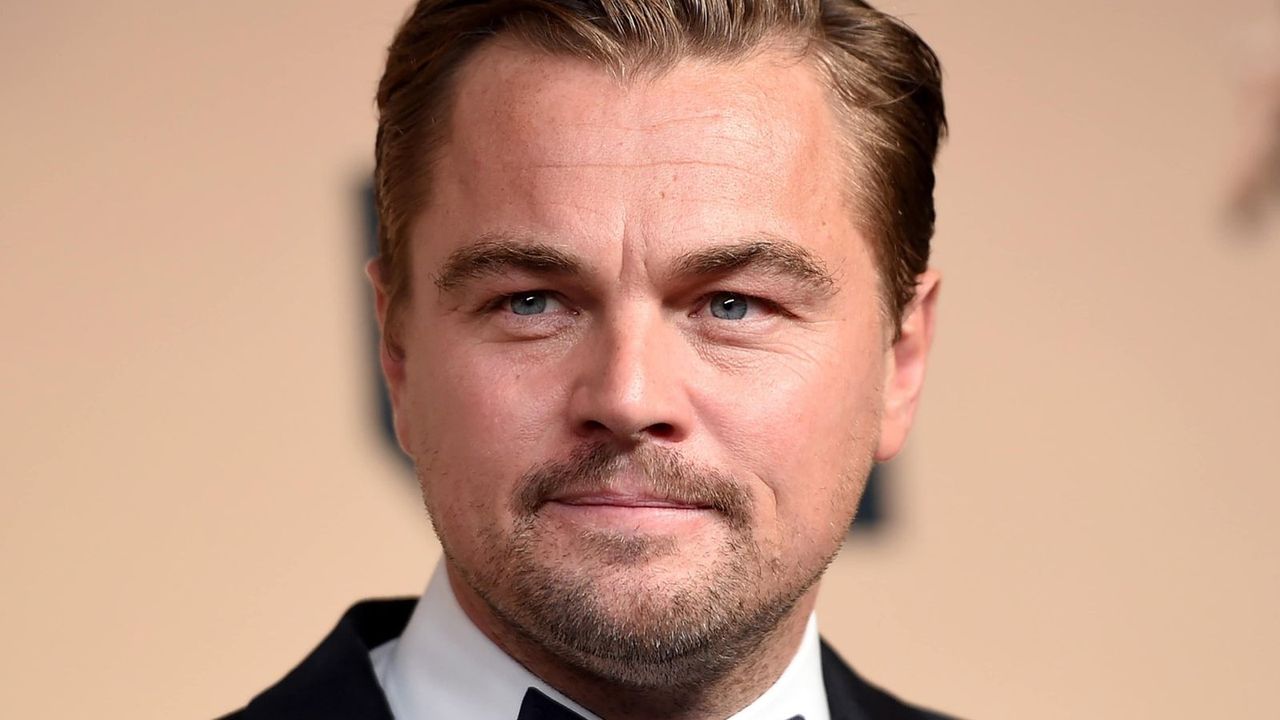
Following Titanic, DiCaprio took on a variety of roles to expand his range as an actor. He appeared briefly in Woody Allen's Celebrity (1998) and portrayed dual roles in The Man in the Iron Mask (1998), receiving mixed reviews for the latter but demonstrating his versatility. Additionally, DiCaprio was initially cast in American Psycho (2000) but left the project due to creative differences with Oliver Stone, opting instead for the lead role in The Beach (2000). While The Beach was commercially successful, it faced criticism from both audiences and critics.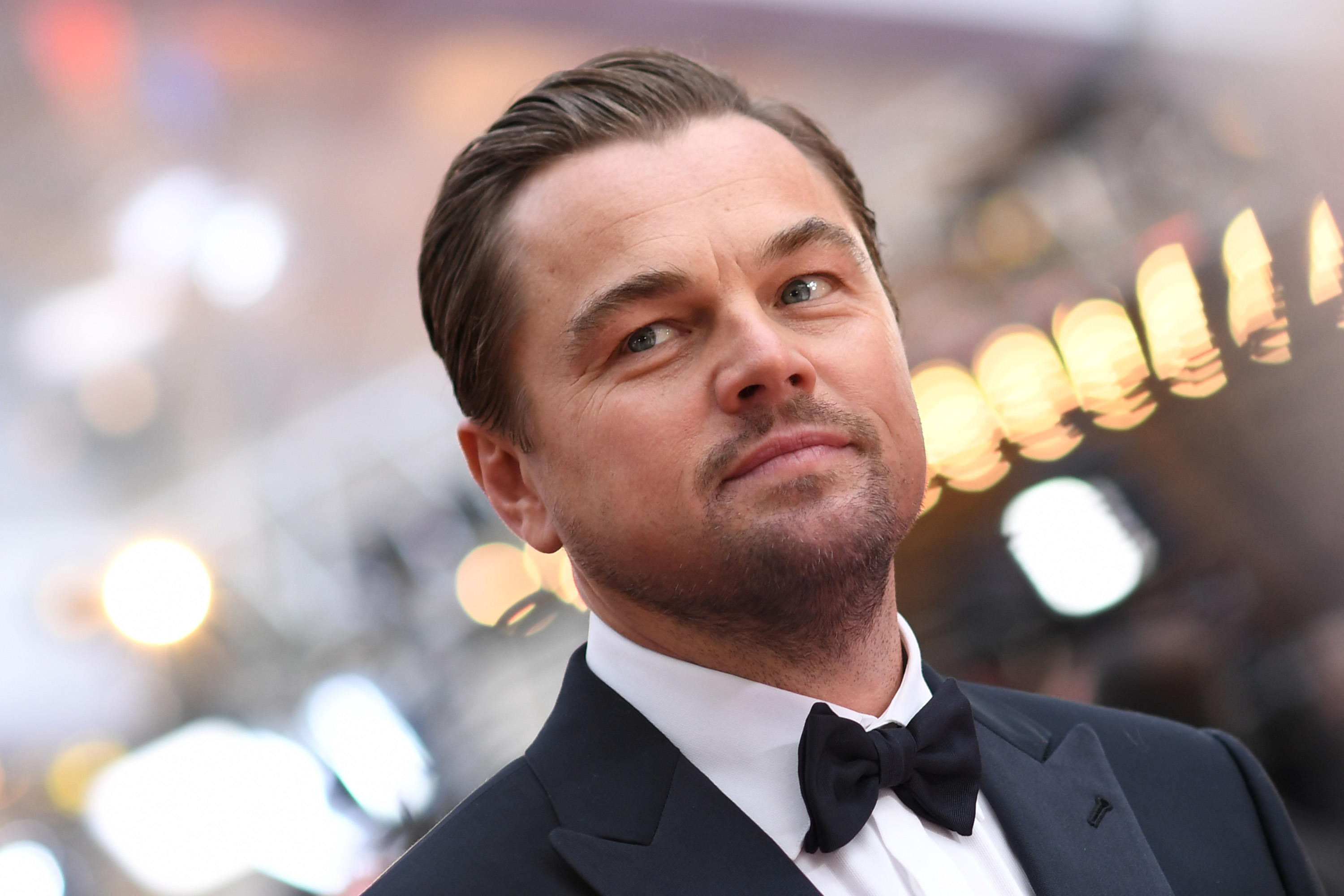
In the midst of his mainstream success, DiCaprio also participated in smaller projects, such as the black-and-white short film Don's Plum (2001). However, the film faced legal challenges and was blocked from release in the United States and Canada, leading to its obscurity.
Throughout these endeavors, DiCaprio aimed to evolve as an actor and make deliberate choices in selecting roles that aligned with his artistic aspirations, rather than succumbing to the pressures of his celebrity status.
Leonardo DiCaprio's career continued to soar in the early 2000s with a diverse range of roles that showcased his versatility as an actor. In 2002, he starred in two critically acclaimed films: Catch Me If You Can and Gangs of New York.
In Catch Me If You Can, directed by Steven Spielberg, DiCaprio portrayed real-life con artist Frank Abagnale Jr. The film received widespread acclaim for its entertaining narrative and DiCaprio's charismatic performance. His portrayal of Abagnale earned him praise for his departure from darker roles and showcased his ability to embody a charming and deceptive character.
DiCaprio's collaboration with Martin Scorsese continued with Gangs of New York, where he played Amsterdam Vallon, the young leader of an Irish-American street gang in 19th-century New York City. Despite the challenges faced during production, including budgetary issues and disagreements among the filmmakers, the film received positive reviews. While Daniel Day-Lewis's performance garnered significant attention, critics also commended DiCaprio for his portrayal of Vallon and his transition into more mature roles.
In addition to his acting career, DiCaprio expanded his involvement in filmmaking by founding the production company Appian Way Productions in 2004. With a focus on unique and compelling storytelling, the company aimed to produce films that preserved the essence of their source material.
DiCaprio's collaboration with Scorsese continued to yield success with The Aviator (2004), a biopic of Howard Hughes. In addition to starring in the film, DiCaprio also served as a co-producer under Appian Way Productions. The Aviator received critical acclaim, with DiCaprio earning his first Golden Globe Award for Best Actor and garnering nominations for an Academy Award and a BAFTA Award.
The mid-2000s saw DiCaprio further solidify his status as a leading actor with standout performances in films like The Departed (2006) and Blood Diamond (2006). In The Departed, directed by Scorsese, he portrayed Billy Costigan, a state trooper working undercover in the Irish Mob. The film was a commercial success and earned DiCaprio critical acclaim, although his role was submitted for a Best Supporting Actor nomination to avoid conflict with his lead role in Blood Diamond.
Throughout this period, DiCaprio demonstrated his versatility and commitment to his craft, earning accolades for his performances and establishing himself as one of Hollywood's most talented actors.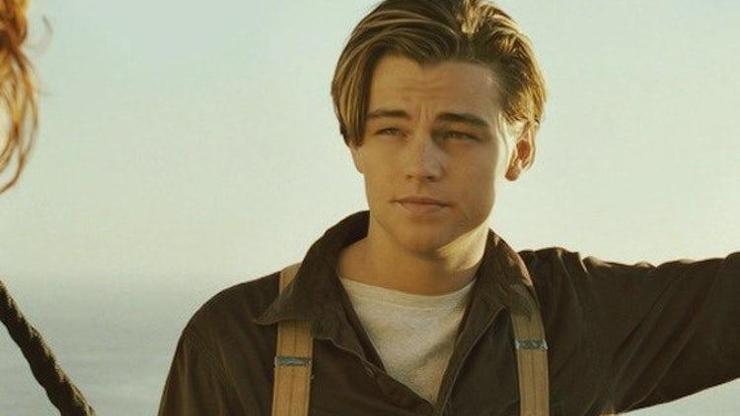
In "Blood Diamond" (2006), DiCaprio delivered a compelling performance as Danny Archer, a diamond smuggler entangled in the turmoil of the Sierra Leone Civil War. Immersing himself in the role, DiCaprio spent six months in Africa, learning about camouflage from South African military personnel and conducting interviews to improve his accent. His dedication paid off, earning praise for his authentic portrayal and mastery of the challenging South African accent. Critics applauded DiCaprio's growth as an actor, noting his transition from a boyish charm to a mature presence on screen. He received nominations for an Academy Award and a Golden Globe for his performance in the film.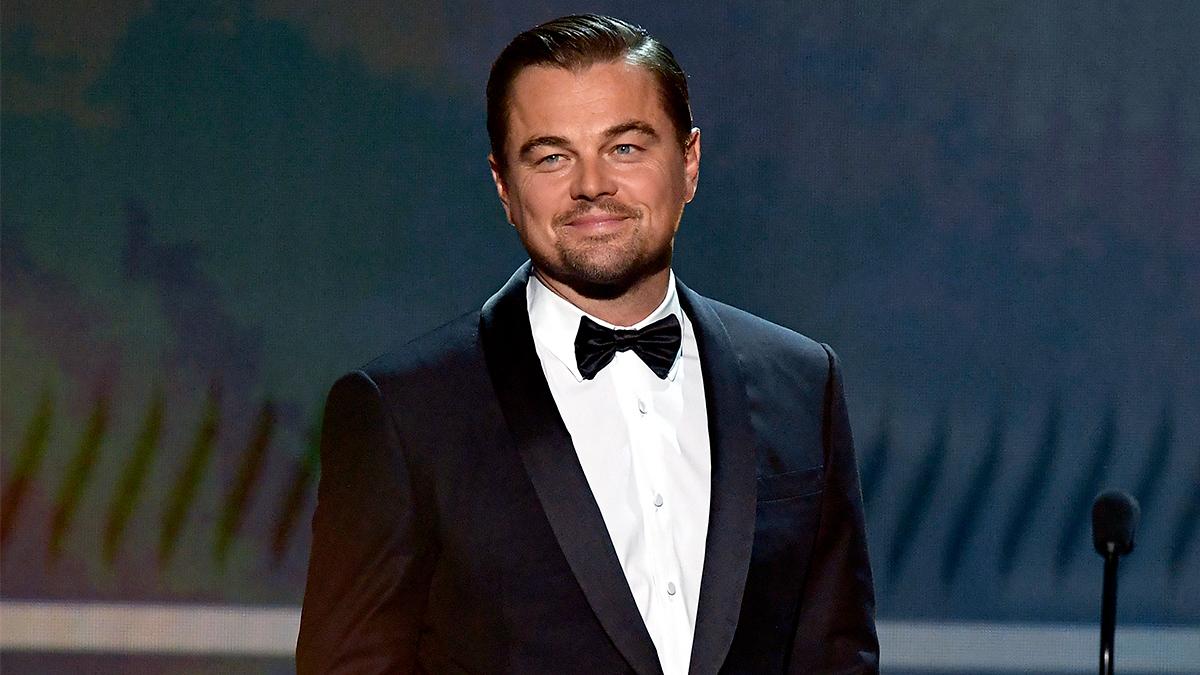
In addition to his acting endeavors, DiCaprio expanded his involvement in filmmaking by producing projects that tackled environmental and social issues. In 2007, he produced the comedy-drama "Gardener of Eden," although the film received mixed reviews. He also produced, co-wrote, and narrated the documentary "The 11th Hour" (2007), which explored the state of the natural environment. The film won the Earthwatch Environmental Film Award in 2008, showcasing DiCaprio's commitment to raising awareness about environmental issues.
Further demonstrating his dedication to environmental causes, DiCaprio's production company, Appian Way, produced the television series "Greensburg" (2008–2010). The show followed the rebuilding efforts of Greensburg, Kansas, after it was devastated by a tornado in 2007, highlighting sustainable practices in the process.
In 2008, DiCaprio starred in "Body of Lies," a spy thriller set in the Middle East, where he portrayed a CIA operative. Despite mixed reviews, DiCaprio's performance was noted for his commitment to the role, including altering his appearance with brown hair and contacts. Later that year, he reunited with Kate Winslet in "Revolutionary Road" (2008), directed by her then-husband Sam Mendes. The film, adapted from Richard Yates' novel, explored the disillusionment of a 1950s suburban couple. DiCaprio's nuanced portrayal of a conflicted character earned critical acclaim, with some calling it one of the most mature performances of his career. He received his seventh Golden Globe nomination for his role in the film.
Closing out the 2000s, DiCaprio produced the psychological horror thriller "Orphan" (2009), which enjoyed commercial success despite mixed reviews. Through his diverse roles and commitment to impactful filmmaking, DiCaprio solidified his reputation as one of Hollywood's most versatile and socially conscious actors.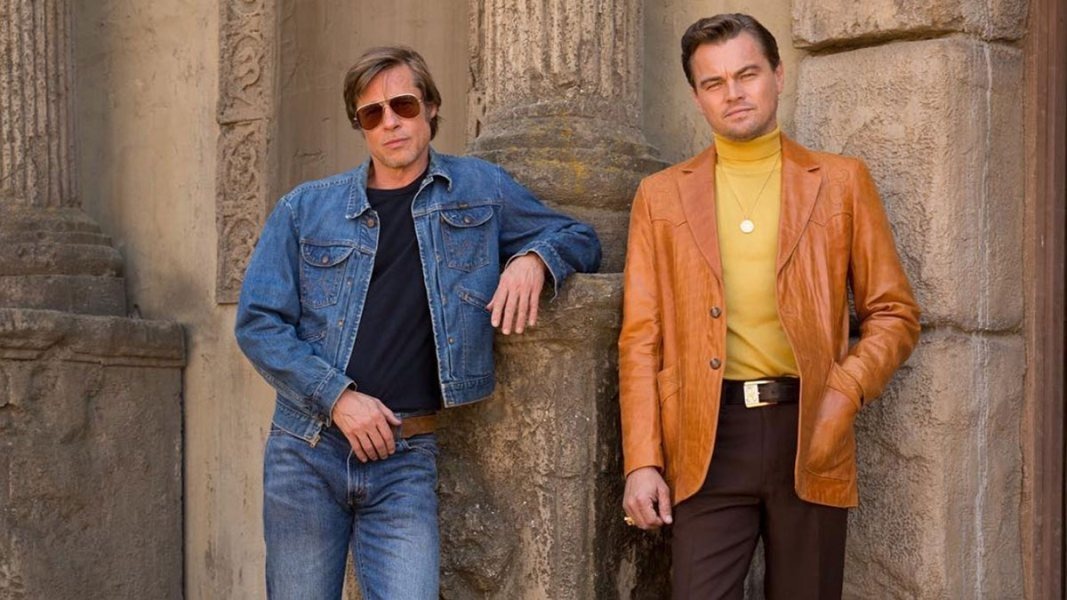
References
- Dale, Daniel (March 12, 2022). "Fact Check: How a False Story About Leonardo DiCaprio Donating $10 Million to Ukraine Spread Around the World". CNN. Archived from the original on August 30, 2022. Retrieved August 30, 2022. DiCaprio [...] does not have a family member from Odessa or anywhere else in Ukraine, a source close to the actor told CNN on Wednesday.
- ^ Wight 2012, p. 15.
- a b c d Green, Jesse (February 12, 1995). "Fresh Blood; Leonardo DiCaprio". The New York Times. Archived from the original on August 9, 2016. Retrieved June 14, 2016.
- ^ Chilton, Charlotte (November 11, 2019). "50 Photos That Display the Eternal Cool of Leonardo DiCaprio". Esquire. Archived from the original on July 13, 2023. Retrieved July 30, 2023.
- ^ Wight 2012, p. 13.
- ^ Wight 2012, pp. 16–17, 29–30.
- ^ Wight 2012, p. 28.









































